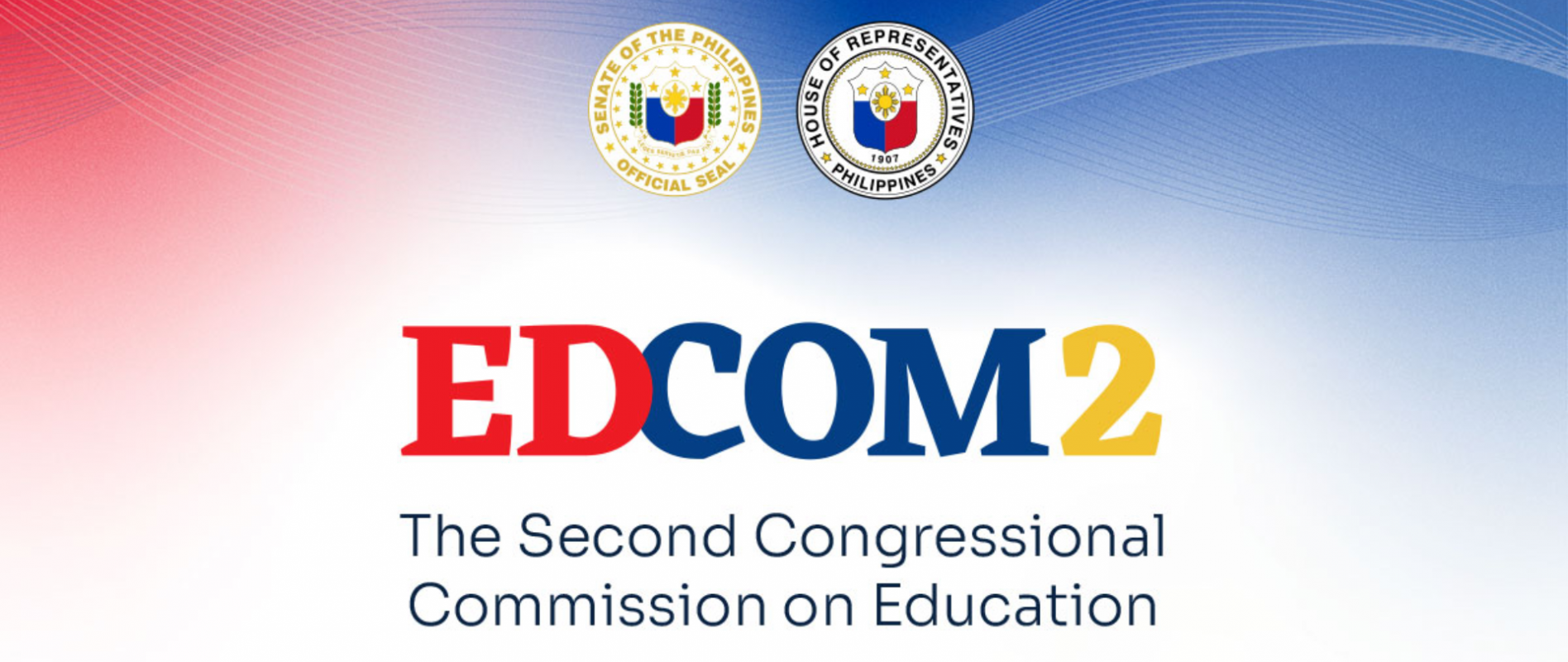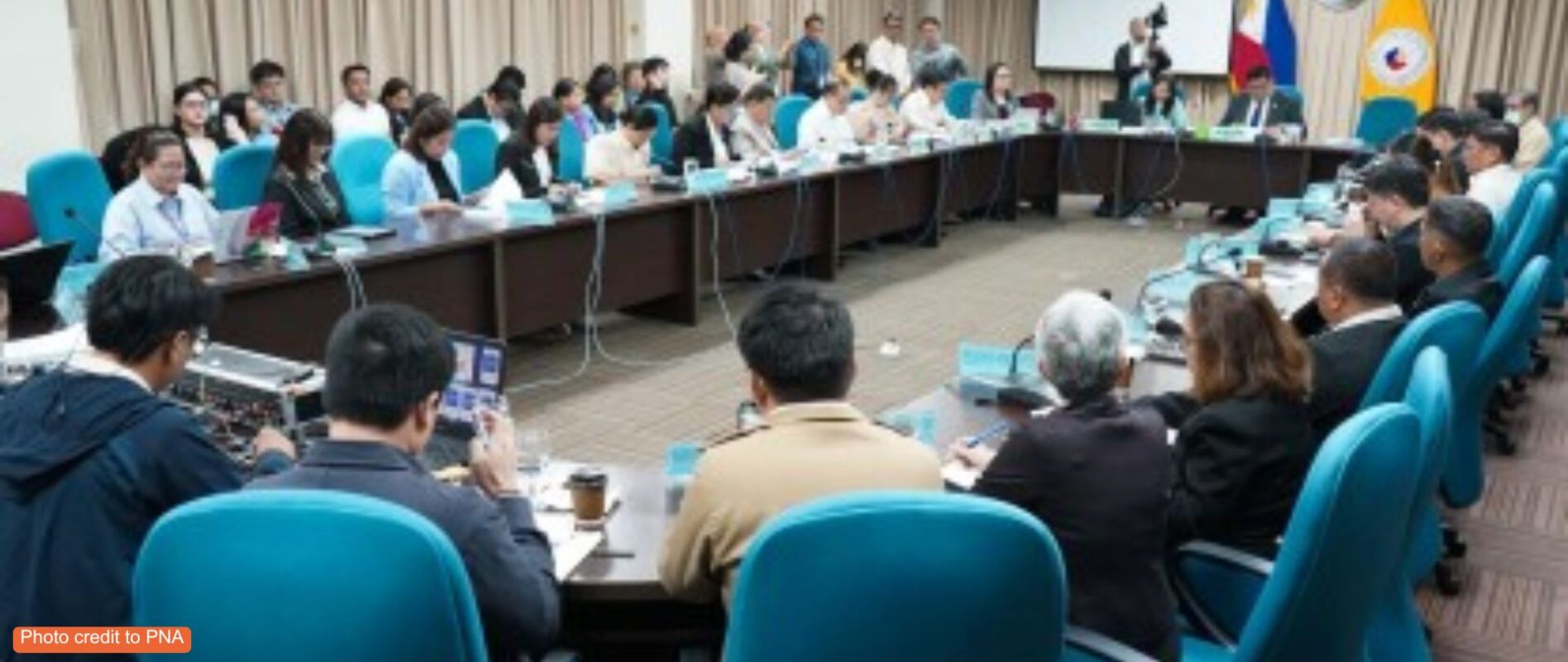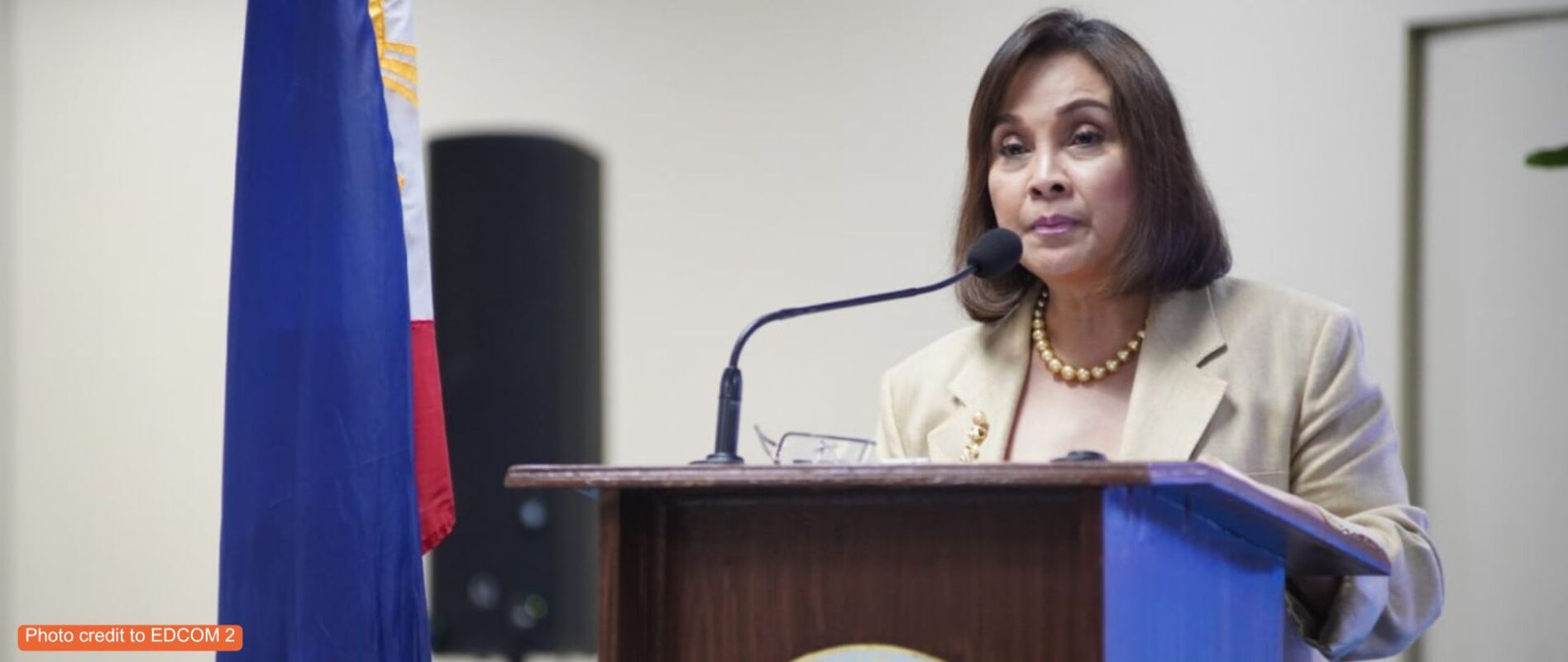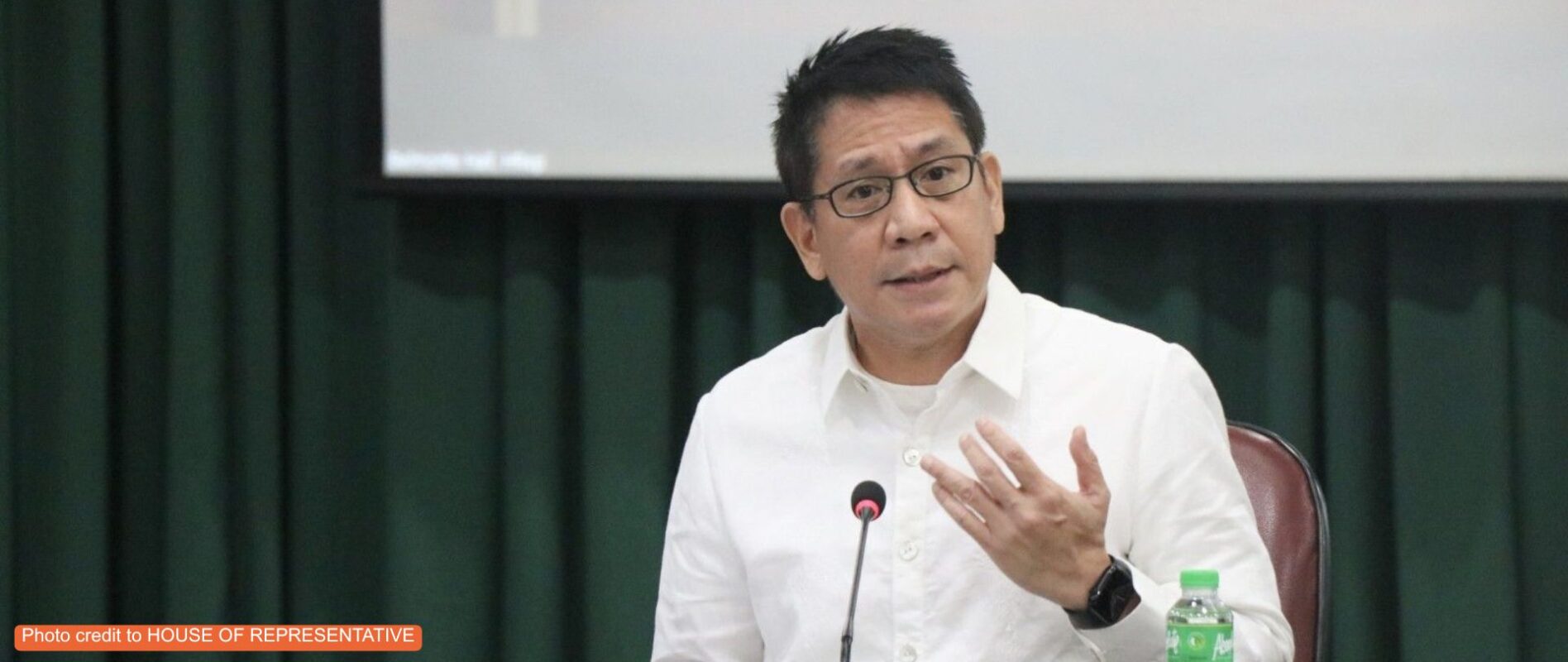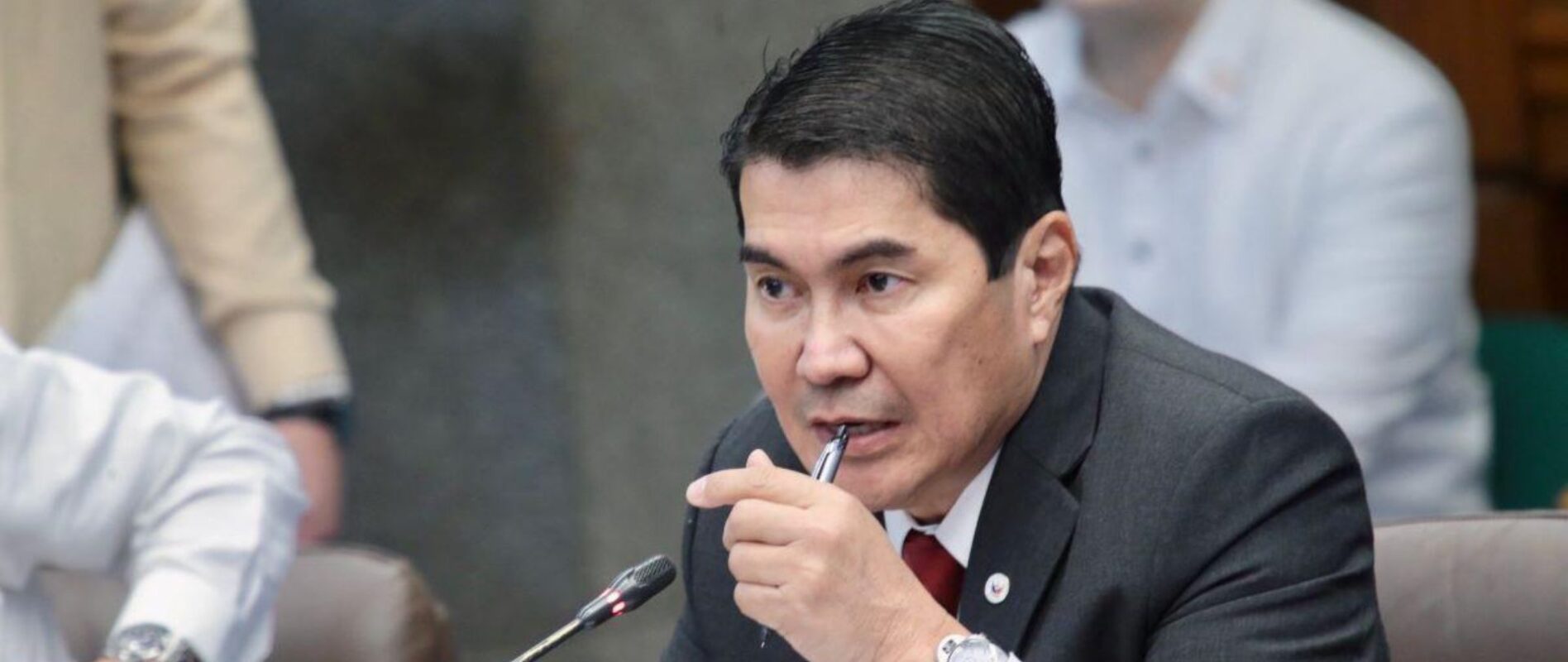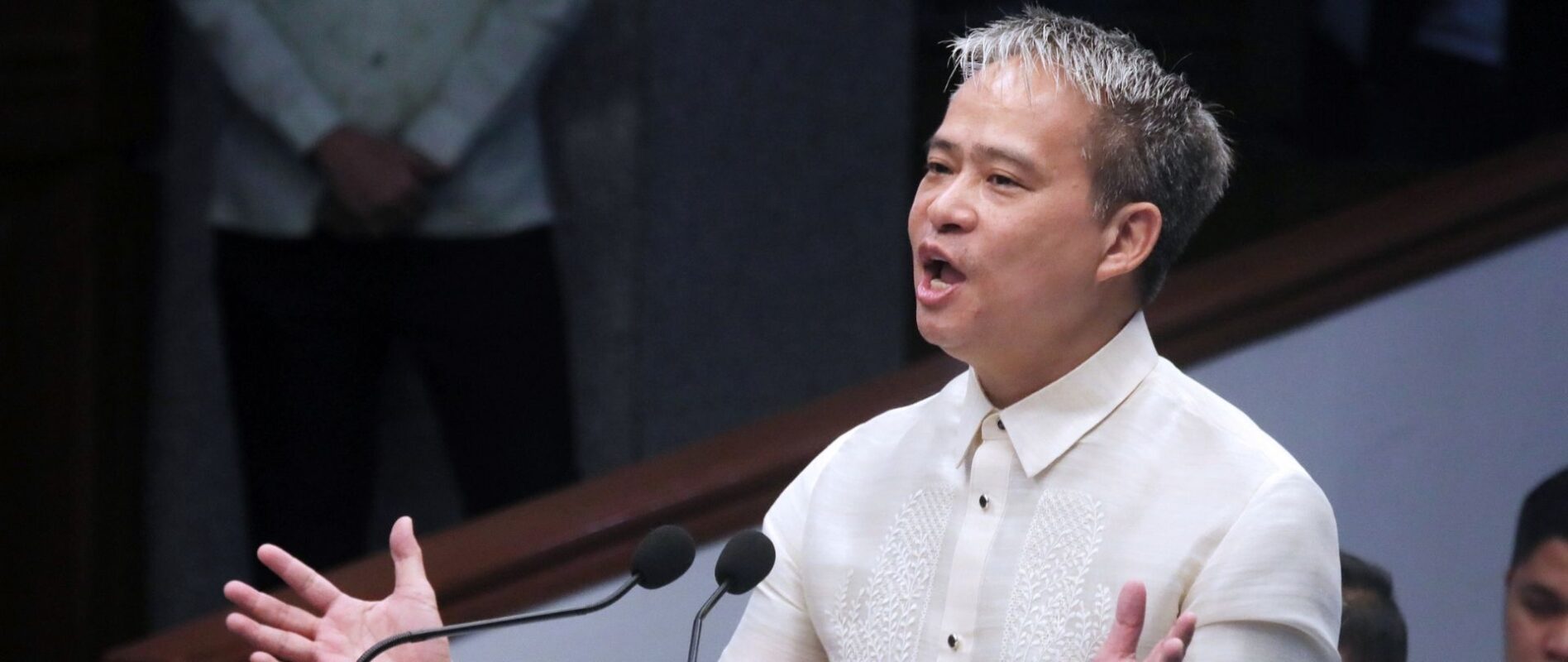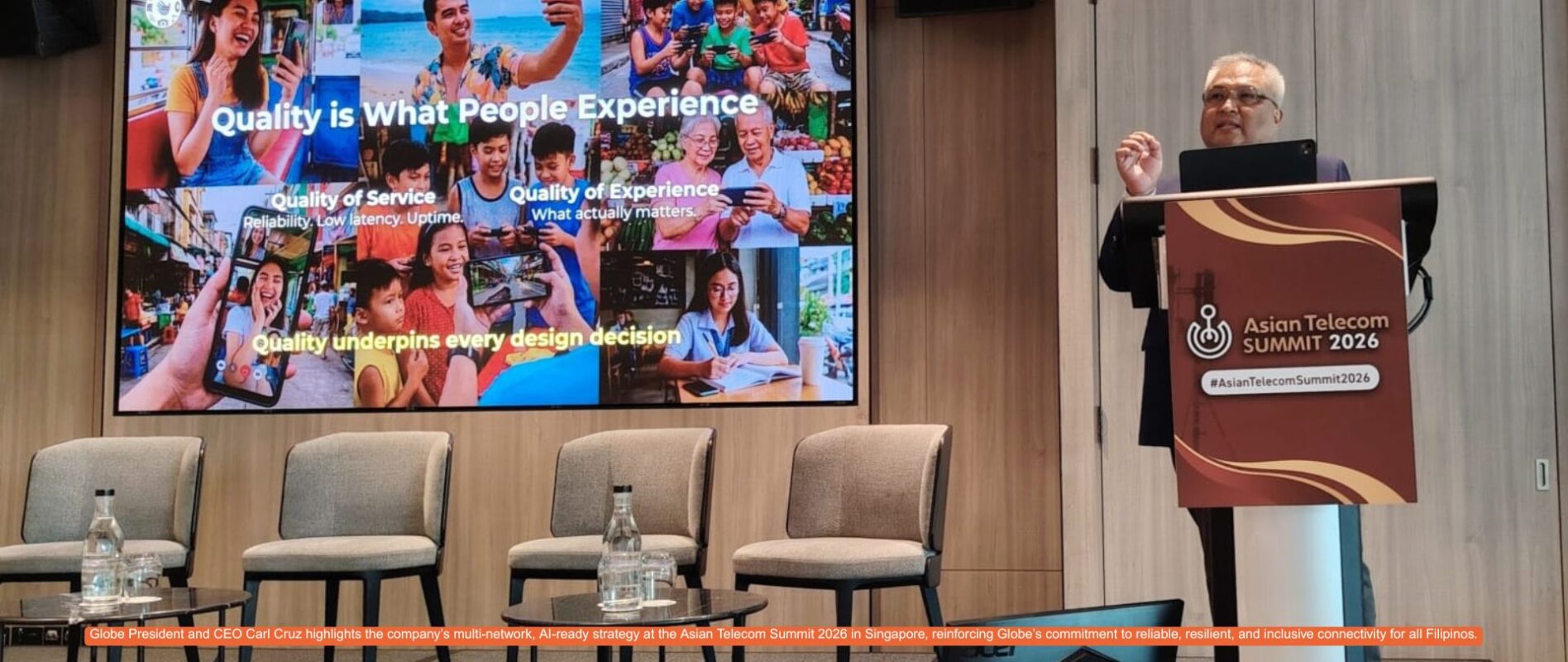EDCOM 2 STRESSES NEED TO AMEND TESDA CHARTER
THE SECOND Congressional Commission on Education (EDCOM 2) has underscored the urgent need to amend Republic Act No. 7796, or the Technical Education and Skills Development Act of 1994.
The Commission noted that the nearly 30-year-old charter no longer sufficiently empowers TESDA to address evolving labor market demands, lifelong learning needs, and global quality assurance standards.
EDCOM 2 Executive Director Dr. Karol Mark Yee explained that TESDA was established in 1994 to consolidate the National Manpower and Youth Council, the Bureau of Technical-Vocational Education, and DOLE’s Apprenticeship Program, with the vision of becoming the central planning, coordination, and monitoring agency for post-secondary, non-degree TVET programs.
However, discussions revealed that TESDA’s mission has shifted toward direct program implementation, raising concerns about mission clarity.
The Commission also identified critical gaps in the current TESDA charter. Among them is the agency’s dual role as regulator and implementer, which creates a conflict of interest as TESDA training institutions compete directly with private providers.
Over the years, the TESDA Board has expanded from 13 to 22 members, which the Commission said has caused operational inefficiencies and delays in approving training regulations.
While Section 29 of RA 7796 mandates the devolution of community-based TVET to local government units (LGUs), implementation has been piecemeal, with only limited pilot phases since 1994.
Senator Sherwin Gatchalian questioned the rationale behind increasing TESDA’s budget while the law mandates devolution, suggesting that funds for TESDA Technology Institutions (TTIs) could be redirected to LGUs capable of managing the functions.
EDCOM 2 further noted the persistence of skills-job mismatches, with 93% of TESDA graduates completing NC I–II programs—many of which are already covered under Senior High School.
Many training regulations remain outdated, while industry participation in curriculum development and funding innovations, such as an industry levy system, is still limited.
The Commission also pointed out that TESDA has absorbed additional mandates from major national laws over the years, but its budget remains at about 2% of the national education allocation, and its personnel strength has not grown proportionately.
A significant portion of TESDA’s budget is allocated to scholarships, despite the TESDA Secretariat having no explicit mandate under RA 7796 to manage such programs—causing manpower challenges.

